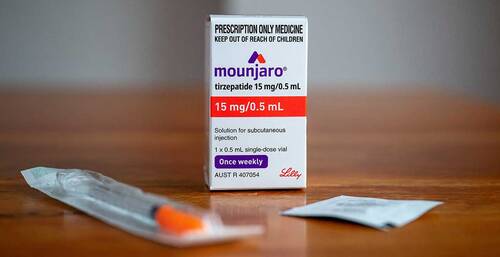Gastric balloons are a popular non-surgical treatment for weight loss, thanks to their effectiveness in helping patients lose weight by restricting food intake and experiencing a feeling of fullness.
Although the procedure might be similar regardless of the option chosen by the patient, Spatz3 is the only gastric balloon in the market that has the possibility of adjusting its size. This proposes various benefits that make the success rate score higher than with non-adjustable gastric balloons.
WHAT IS A GASTRIC BALLOON
To understand the differences between an adjustable and non-adjustable gastric balloon, first, we need to understand how they work.
A gastric balloon is made of silicone rubber that’s inserted through the mouth and placed in the stomach using an endoscope. Once it’s in the stomach, it’s filled with saline solution to take up space. Because of the lack of space around it once filled, the patient will feel satiated quicker, eat less, and therefore, lose weight. The procedure usually takes 15 minutes, and the patient can go home once the sedation wears off.
The first two weeks after the procedure, the patient will be on a liquid diet and gradually transition to solid food. Usually, the healthcare professionals will offer other guidelines, such as a recommended diet or workout plan, so that the patient continues losing weight not only while the gastric balloon is inside but also after it’s been removed.
Unless there is any intolerance issue, the balloon will remain in the patient’s stomach for six months. Once it’s removed, he or she is expected to continue practicing the same healthy habits to maintain the weight loss.
(more…)






 Have you ever wondered why achieving a flat stomach seems so elusive? Many people struggle with this goal, often feeling frustrated by the lack of results despite their best efforts. Understanding that a flat stomach is not just about aesthetics but also about health can make the journey more meaningful. In this guide, we'll walk you through practical, achievable steps to help you get the flat stomach you desire.
Understanding the Anatomy and Factors
The Anatomy of the Stomach
To work towards a
Have you ever wondered why achieving a flat stomach seems so elusive? Many people struggle with this goal, often feeling frustrated by the lack of results despite their best efforts. Understanding that a flat stomach is not just about aesthetics but also about health can make the journey more meaningful. In this guide, we'll walk you through practical, achievable steps to help you get the flat stomach you desire.
Understanding the Anatomy and Factors
The Anatomy of the Stomach
To work towards a 
 Tongyu Ma, Ph.D., MBBS, ACSM EP-C
Tongyu Ma, Ph.D., MBBS, ACSM EP-C



